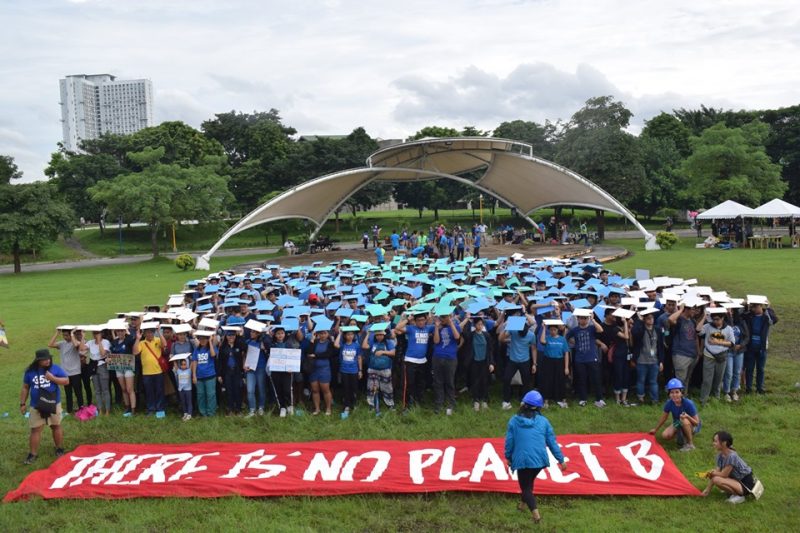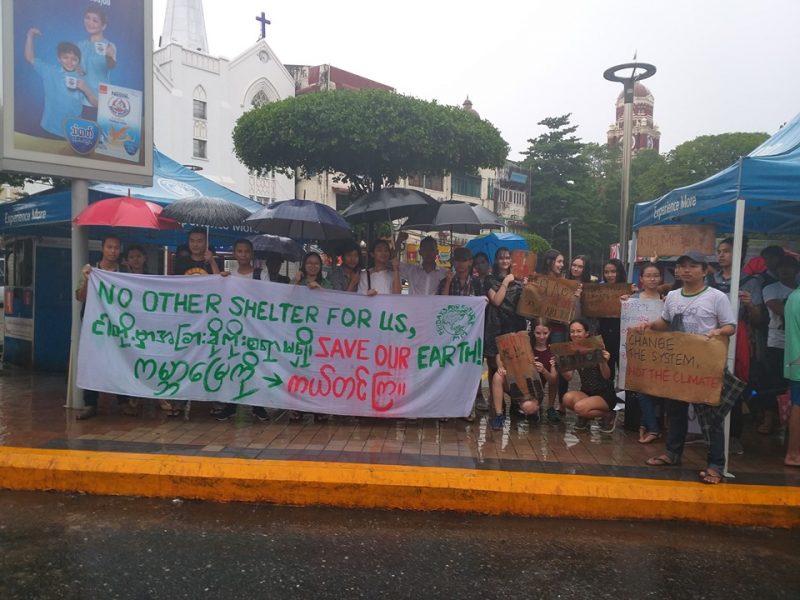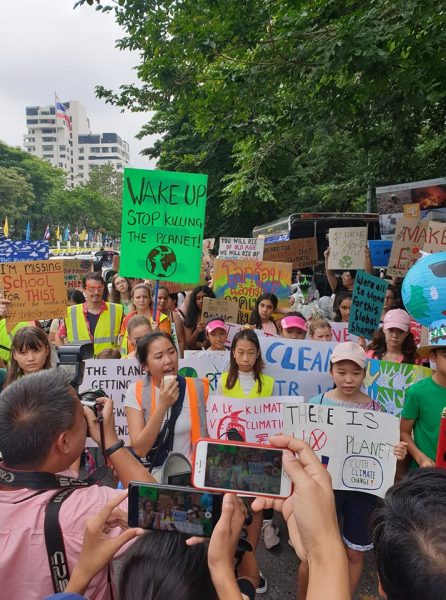By Melvin Gascon
Environment and civil society groups on Friday slammed the Mines and Geosciences Bureau (MGB) for supposedly coming to the defense of a foreign mining firm and allowed it to resume operations despite the lapse of its 25-year mining license.
Bayan Muna Rep. Carlos Isagani Zarate said the MGB’s endorsement of the continued operation of OceanaGold Philippines, Inc. at its gold-copper mining site is an “insult” against the people of Nueva Vizcaya, who are calling for its stoppage.
“This dubious endorsement it is being used by the mining company to insult the people of Nueva Vizcaya by continuing their operations,” he said in a statement.
Bayan Muna, as well as environment groups Kalikasan People’s Network for the Environment and Alyansa Tigil Mina have questioned the endorsement by the MGB and the Department of Environment and Natural Resources (DENR) for the renewal of OceanaGold’s financial and technical assistance agreement (FTAA), the processing of which was supposedly done surreptitiously.
OceanaGold is seeking to continue its operations at its mine project in Kasibu town in Nueva Vizcaya despite the expiration of its 25-year FTAA on June 20.
Based on the Mining Act of 1995, the FTAA is the mining license that allows foreign companies to exploit the country’s mineral resources.
In a letter to the OceanaGold, MGB director Wilfredo Moncano said the firm may continue to operate pending the approval of its renewed FTAA by President Rodrigo Duterte.
In a special session on June 28, the provincial board of Nueva Vizcaya declared ongoing activities of OceanaGold as illegal after it failed to renew its FTAA. The board also authorized Nueva Vizcaya Gov. Carlos Padilla to take “all necessary steps” to stop the mining firm’s operations.
On June 26, Padilla directed the Philippine National Police and the village governments to set up checkpoints along the roads and block any attempt by the company to ship out its mine production.
In a media statement, OceanaGold said it continues to operate the Didipio mine.
“We are committed to operating in accordance with the law and will always comply with all our responsibilities under our contract with the Philippine government,” the company said.
OceanaGold said it lodged its application for FTAA renewal in March 2018, and received confirmation on June 20 from the MGB that it is allowed to continue operations pending the approval of its renewed FTAA.
But Leon Dulce, Kalikasan PNE national coordinator, dismissed OceanaGold’s claims that it was conducting “responsible mining” in Didipio.
“No amount of greenwashing by OceanaGold can gloss over the fact that rivers are vastly silted, periodically dumped with undeclared chemicals, and depleted by its operations,” he said.
According to Dulce, OceanaGold’s operations are also “chronically exposing” the important biodiversity corridor of Caraballo mountain range to air, noise, and water pollution.
“These are just one of many sins of OceanaGold that should warrant the long-deserved cancellation of this foreign mine’s FTAA contract,” he said.
DENR Undersecretary Benny Antiporda said that by stopping the mining activities, the local officials of Nueva Vizcaya are within their mandate of implementing the law.
He said he is verifying reports that MGB had allowed OceanaGold to continue its operations despite the lapse of the the FTAA.
“For me, it is rather simple: if one does not have a license, then it should not be allowed to operate,” he said in a phone interview.



